I first saw Total Eclipse around the time I was 15 and it has been one of my favourite films since. At first glance, it has everything you would think necessary to ensure a film’s success and popularity: a trustworthy cast, a forbidden romance, laughs at the expense of the bourgeoisie, and a dark sense of humour. And yet, this film has remained largely unknown.
The film is a fictionalised biography following French poet Arthur Rimbaud (Leonardo DiCaprio) and his tutor and romantic interest Paul Verlaine (David Thewlis). Rimbaud was very young when he began writing poetry and wrote his entire works over a five-year span. Total Eclipse depicts Rimbaud’s life as a young poet and follows him as he meets Verlaine, and their lives afterward. Based on a series of letters and poems sent between the two over the years they knew each other, the plot weaves through their personal, professional, and familial relationships.
The film is largely set in France, although we are also privy to snippets of Rimbaud’s foreign travels, especially near the end. The climax of the film takes place in Brussels and depicts a violent altercation. Throughout, each scene is artfully crafted to display a different part of Rimbaud’s personality. While he is at all times a cold, inquisitive, rebellious, and narcissistic presence, he also shows great courage and a will to allow others space to be themselves.
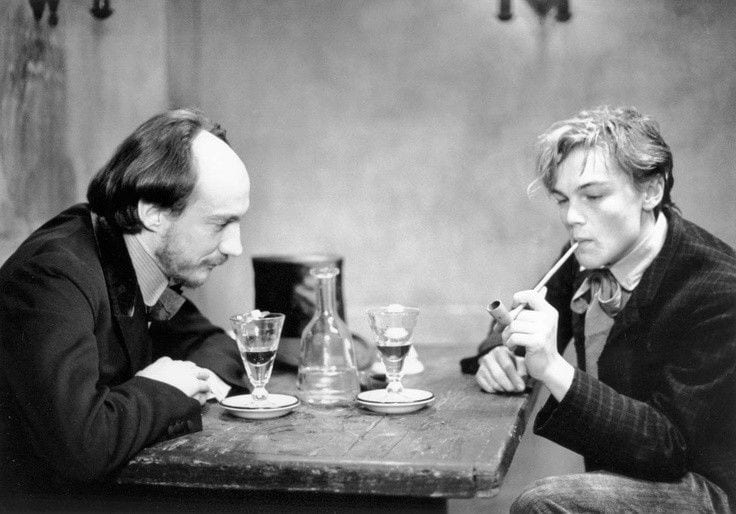
Rimbaud, despite hurtful actions towards others, always acknowledges them for what they are. And, although he never condemns Verlaine for cheating on his wife, he does take the opportunity to call him out on it and question the strength of his character. He is one of the most interesting people I have ever seen portrayed on screen, and his brazen approach to every issue he faces cannot help but be admired.
Ultimately, this film is a social commentary on the life of a gay man in the 19th century and exposes so much of what this society would have been like for Rimbaud. It is written and directed in such a way that every scene has points of interest—things to look at, scenery to admire, and authentic costumes. It’s also a very quotable film, with dialogue that reads like poetry of its own. I have never understood why it has spent so long under the radar.
The film was released in 1995 and grossed at $340,139—much less than its budget. Critical reviews were (and still are) mostly negative, with Rotten Tomatoes users giving it just a 61% rating. Perhaps 1995 was not quite the environment for a film focused on the lives of two men in a sexual relationship to really thrive, but even so, the lack of resurgence surprises me. It could also be that DiCaprio was still reasonably unknown—in fact, Total Eclipse gave him his first on-screen kiss—and the film slipped under fans’ radar after being overshadowed by Romeo and Juliet (1996) and Titanic two years later.
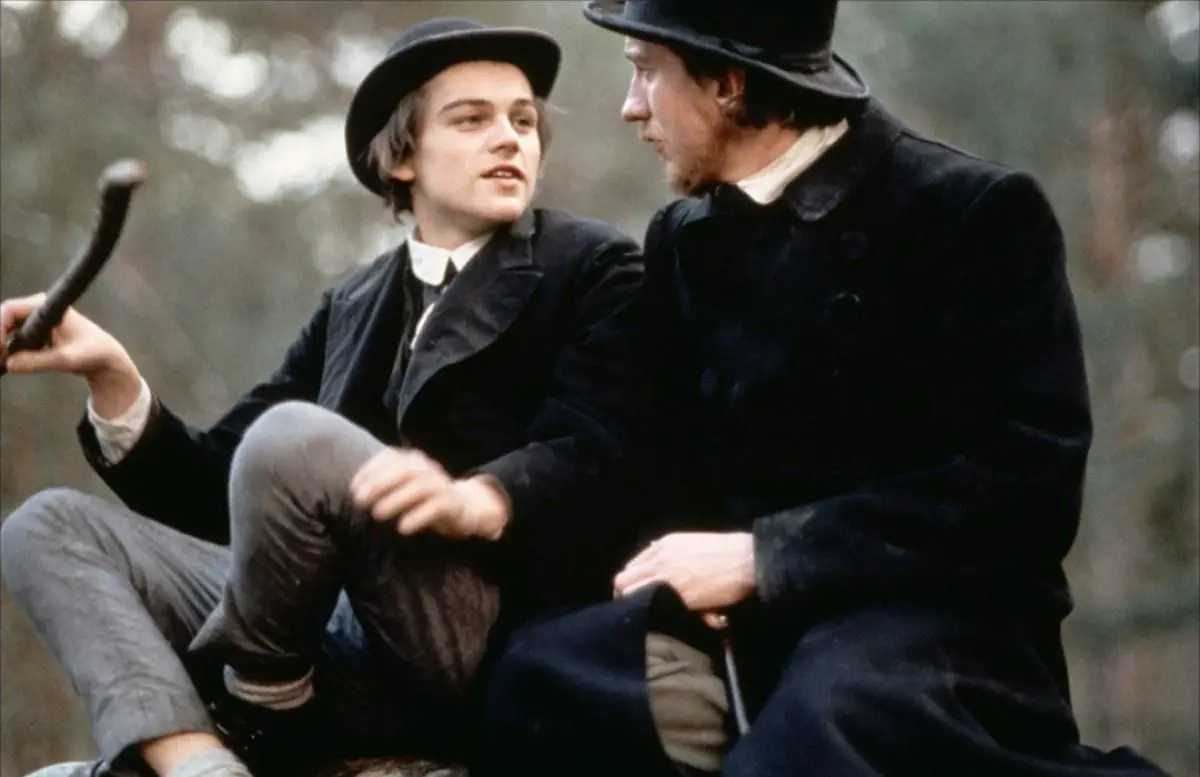
Rimbaud, as a public figure, is of course more well-known to French audiences than anyone else. As the English versions of his poems are of course all translated, there are multiple different versions of each poem in the English language. While the English translations are beautiful to read, we can’t necessarily know if they properly convey his original words in all their nuance and accuracy. Rimbaud and his language may have been lost in translation to some extent, alienating large chunks of non-French speakers from his work and consequently this film. To this effect, a lack of interest in the characters to begin with might account for a lack of interest in the box office. After all, it’s about a poet that most people in the contemporary world are not familiar with. How many people do you know who would go to see a biographical film about a person they had never heard of? Probably not that many. This being said, had Rimbaud’s story been fictionalised to a greater extent to encompass a wider prospective audience, this would not have been true to the story that director Agnieszka Holland wanted to tell.
Holland directed Total Eclipse from a play that was also based on letters between Rimbaud and Verlaine, written by Christopher Hampton in 1967. Holland is a Polish director who emigrated to France in 1981. Her most famous English language films seem to split into two main categories—some are wholesome, traditional, and family-friendly, while the others are dark, violent, and often based around military stories. Total Eclipse fits neither of these categories, suggesting that it mattered to Holland that it was told in this specific way.
In Poland, Holland is well-known for directing films of a political nature. Her father, who she says heavily influenced her art, was a communist activist in Poland. In some ways, this may have led to her feeling close to the rebellious, liberal, anti-establishment nature of Rimbaud’s character. Holland told her story close to what is revealed in the letters the two poets wrote to one another. Total Eclipse paints Rimbaud in the way he most likely would have been. This realism is just one of the reasons why the film is so special to me—there was no audience-pleasing in its production.
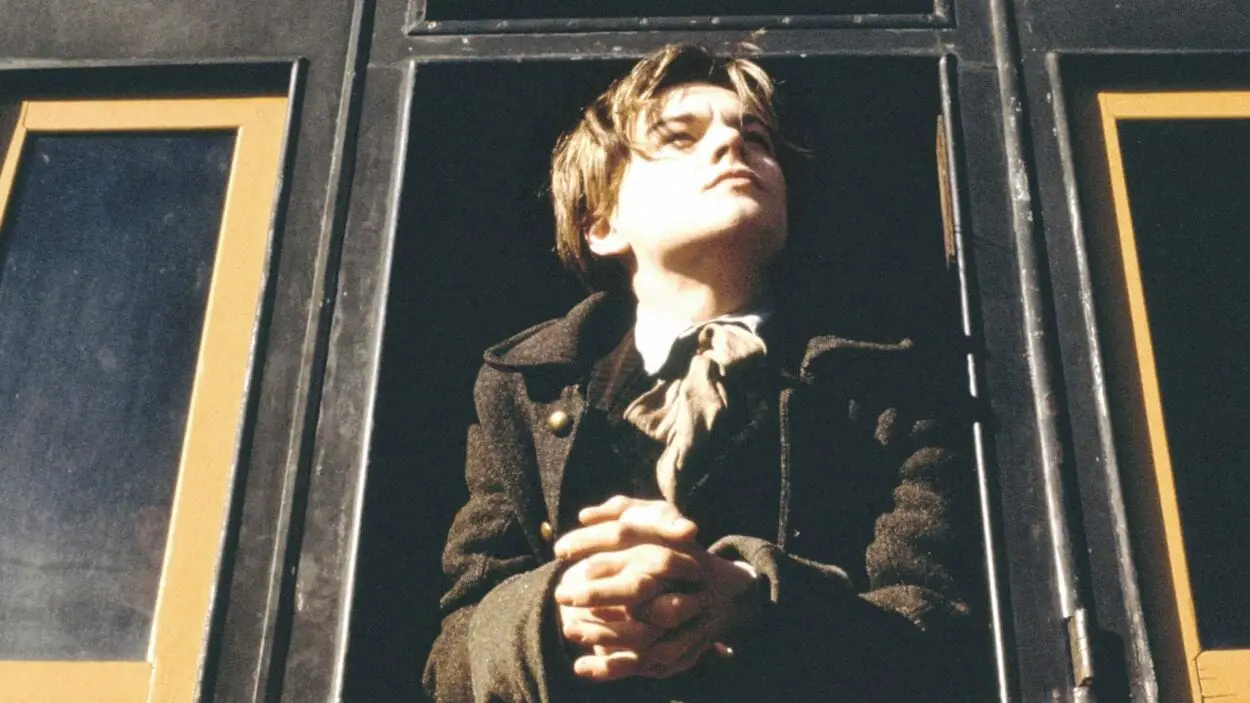
One final reason Total Eclipse may have been buried the way it was, is its pretentious appearance to those who have not seen it. When talking about a film regarding a long-dead poet that many people are not familiar with, it is difficult for there not to be an air of pretension. And in some ways, I concede, much like Paulo Coelho’s great book The Alchemist, if you come across Total Eclipse at the wrong time in your life, you may not absorb its beauty in the way that was intended. It is not a film you can watch casually—if you begin it unenthusiastically, you will not see its beauty. It is a film that requires focus and investment in the tale of its two protagonists. Why, as a society, do we shun underappreciated, artsy films? Is it because they sit in the delicate space between indie and not indie enough? Or perhaps because the story was simply about someone who wasn’t deemed relevant? The real reason for Total Eclipse’s lack of success is most likely a combination of these factors. Nobody could know for sure.
Although from a synopsis you might think this film is short on action, you would be mistaken. It is filled with philosophical quotes and beautifully-written dialogue, but you are also blessed with a shooting scene, arrests, lovers’ quarrels, men on the run, death, destruction, quick wit, and chaos (almost all provided courtesy of Rimbaud himself). Rimbaud’s life is turbulent, and his personality is volatile. There are no dull moments, and you can’t help but find yourself just waiting to see what he will do next.
In writing this article I have re-awakened my own love for French literature. Total Eclipse is a film I always go back to, and one I will always enjoy. I hope that, in writing this, I have shared that joy with some of you. Although through translation from French to English there are certain aspects and nuances to Rimbaud’s use of language that English speakers cannot fully appreciate, the beauty of his words and descriptions seems to transcend these hurdles. I would urge you to not only check out the film, but also his poetic works and essays.

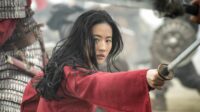
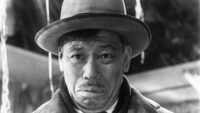
I was given a book on Arthur Rimbaud and his poetry when I was a young man in the 1970s. I remember when this movie was released but it disappeared quickly, even though I was living in relatively “film savvy” Seattle at the time. Your review has piqued my interest in finding a copy of that old book and the movie Total Eclipse as well. Thank you.
excellent essay on a largely forgotten gem , a beautiful film with such energy and mood, the soundtrack too is singularly dark and obsessive
bravo
absynth 2